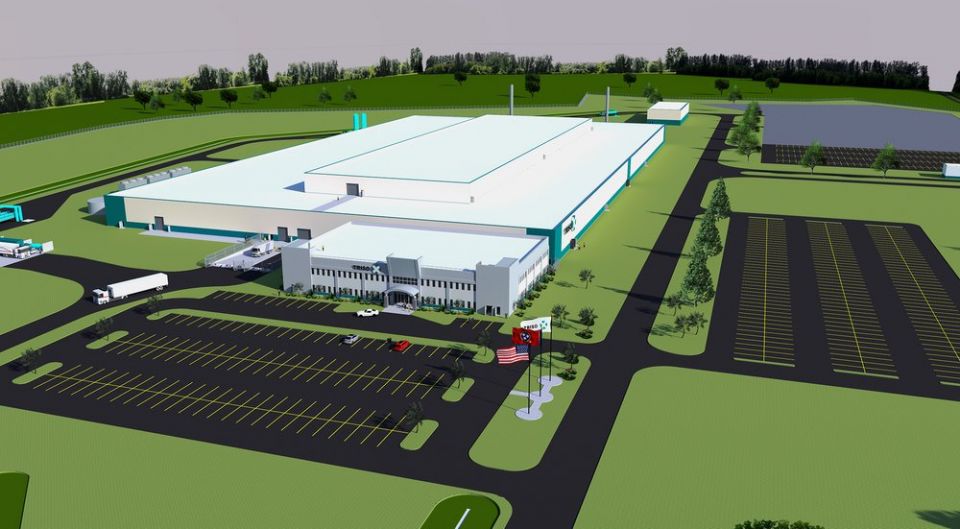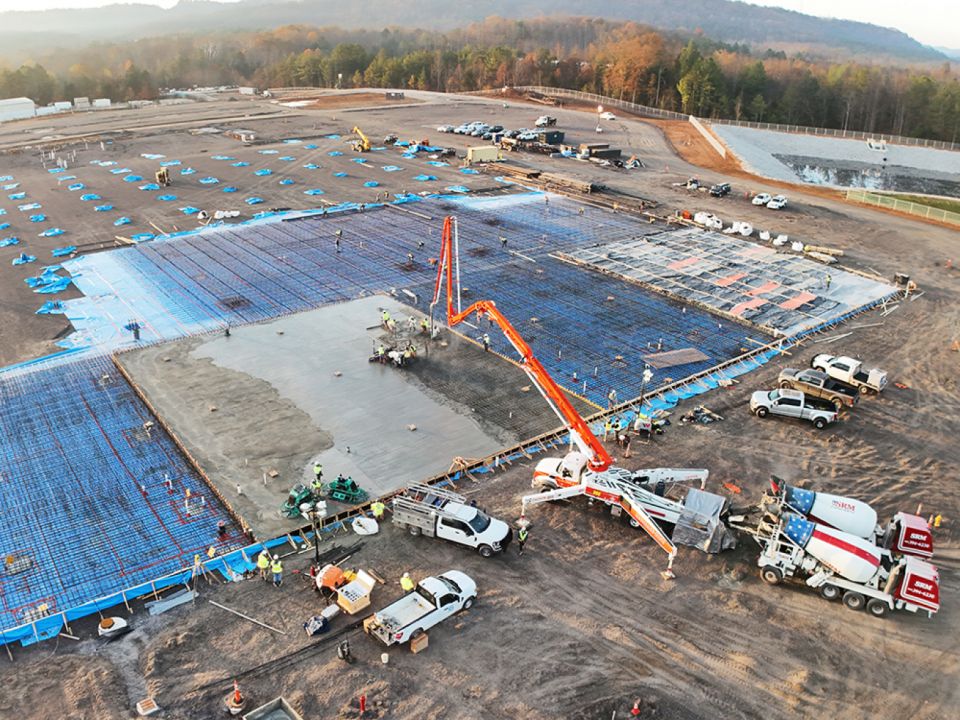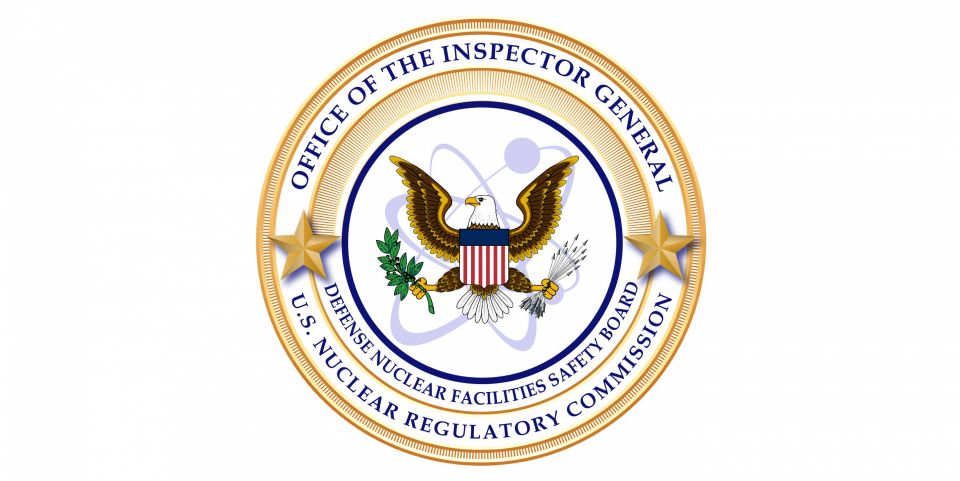Discoveries: One of the more significant discoveries I made along the way was that there is a whole universe of problems that cannot be solved by math and science alone, and more importantly, that my engineering degree and postgraduate studies did not properly prepare me to face complex “human-centric” problems that require higher-order thinking skills that are not often emphasized in traditional educational curricula.
Another revelation is that there is a continuing debate among experts in the field on whether critical thinking is a skill or set of skills that can be learned, or whether it is a developmental process—something we strive for. I am in the first camp, and I note that to maximize the effectiveness and retention of critical thinking and problem-solving skills, we need concepts and methods that can be understood, implemented, and practiced.
Education letdown: The most significant of discoveries from these past four decades is perhaps the following paradox: Our education systems are not keeping up with the demand for critical thinking and problem-solving skills, and the gap grows larger as the industry reaches for the golden ring of artificial intelligence.
According to some studies, the lack of graduates who are equipped with critical thinking skills is on the rise, and there is a critical need for updating our schools with curricula that translates critical thinking concepts into practical skills that can be taught and practiced so that students can reach a level of proficiency by the time they enter the workforce.
Educational institutions must strengthen their critical thinking curricula. If formal critical thinking and problem-solving skills are not developed by the time a student enters the workforce, the chances of developing those skills greatly diminish.
Future world? If every year a cadre of students entered the workforce with 16 or more years of education and experience in the practical application of critical thinking and problem-solving, what a different world this would be.
Read more about this topic by downloading a PDF available here.
Rob De La Espriella is the chief executive officer of DLE Technical Services and the creator of the BlueDragon Hyper-Integrated Causal Analysis methodology for solving complex and human-centric problems.
The ANS Nuclear Cafe is a blog owned and edited by the American Nuclear Society. Information contained on the ANS Nuclear Cafe has been provided by numerous sources. Therefore, the American Nuclear Society assumes no responsibility or liability for the accuracy of information contained herein. DISCLAIMER: The views expressed in posted articles do not necessarily reflect the views of the American Nuclear Society. The views expressed here are those of the individual authors. ANS takes no ownership of their views. The American Nuclear Society assumes no responsibility or liability for any use or operation of any methods, products, instructions, or ideas contained on this site. 







